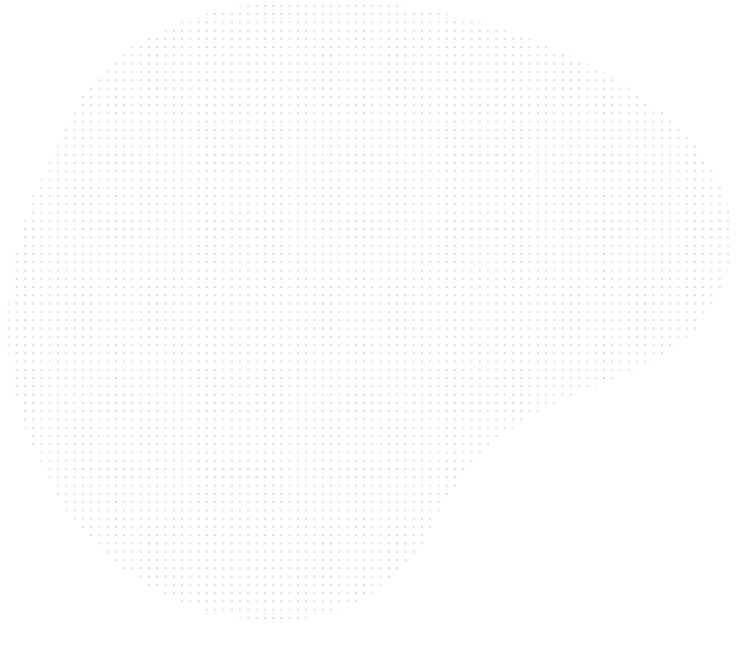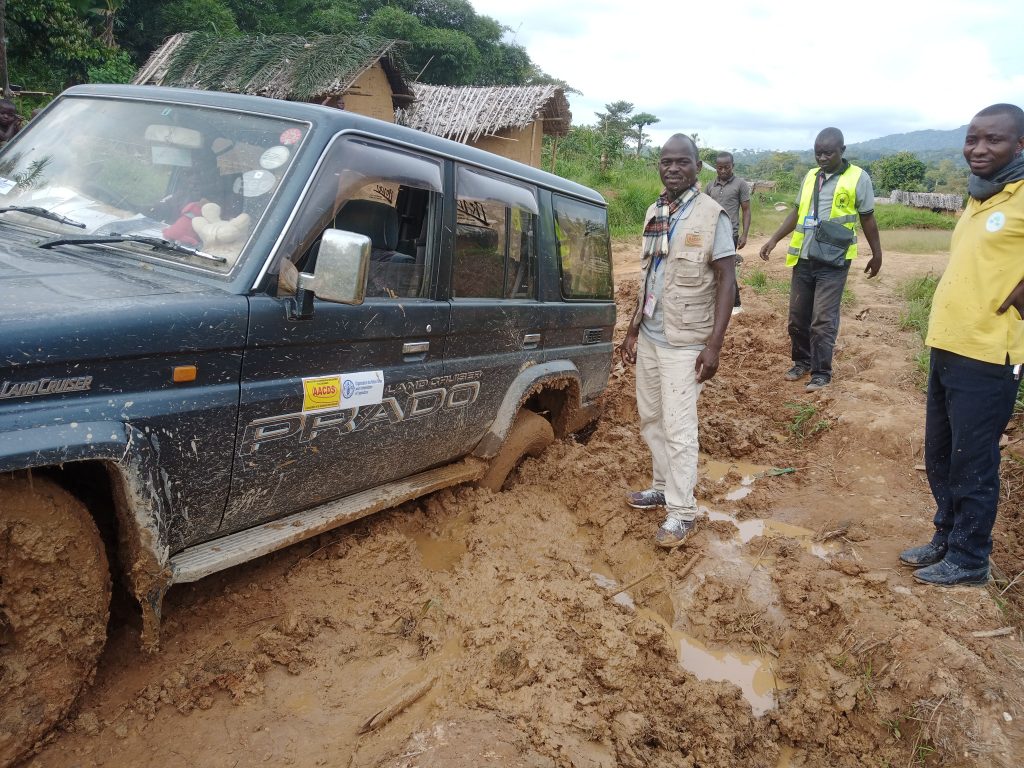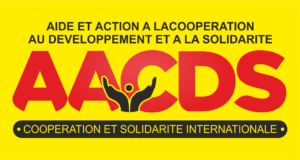
Improvement of living conditions and reduction of vulnerability of 5000 vulnerable households (IDPs, returnees and host families) in Kirotshe and Masisi areas, Masisi Territory, North Kivu Province, DRC
I.1 General context
The DRC remains one of the poorest countries in the world, with the highest level of food insecurity. As a result, 27.3 million people
(28 percent of the population analyzed) are acutely food insecure (IPC Phase 3 or higher), making DRC the country with the greatest need for assistance in the world. Results from the 2021 IPC indicate that approximately one-third of the population analyzed is acutely food insecure (IPC Phase 3 or higher), with 6 to 7 percent in emergency situations (IPC Phase 4).
The DRC's agricultural sector is particularly exposed to climate change and the impact of other external shocks such as drought, the evolving war in eastern DRC, flooding and other extreme weather events that are expected to increase in frequency and severity. Although the DRC basin appears to be relatively less exposed to climate change than drier regions of Africa, DRC farmers are particularly poor and isolated, and are vulnerable to climate impacts and other external shocks, such as the recent Legionnaires' disease infestation, causing significant economic losses.
I.2 Context of the zone (Masisi
Masisi territory continues to face an acute and complex humanitarian crisis. Despite an improvement in the political and security situation in some parts of the territory, conflicts persist in the area, in a context of chronic poverty and limited access to basic services and infrastructure. Population movements, food insecurity and acute malnutrition, systematic looting of agricultural livestock, epidemics, and protection issues remain the main drivers of the crisis and have contributed to increased humanitarian needs for those affected by the crisis.
In addition, conflicts, displacements, and recurrent agricultural and climatic shocks have also devastated the socio-economic fabric of this territory, leading to impoverishment and vulnerability of its population and to chronic and acute food insecurity. The territory's agricultural potential remains largely under-exploited as a result of the cycle of violence linked to the dynamics of armed group conflicts in the area.
In this situation, we also observe other factors that are susceptible and aggravating:
Low agricultural production: Another difficulty in Masisi territory is the limited access of vulnerable people to phytosanitary products and agricultural inputs that could increase their income. Farmers in this territory, particularly in the center, produce a wide variety of vegetables, fruits, fodder, livestock and poultry. Small-scale farming in the area is generally very diversified, and this is to reduce the vagaries of weather, disease, weeds, lack of inputs and other sources of crop failure and livestock death. It is therefore not surprising that in Masisi zone, AACDS field research revealed a diverse range of food, fodder and fiber and livestock production by agropastoralists.
Limited access to land and sustainable livelihoods: People affected by population movements in the area face significant protection risks. One of the factors of vulnerability is their limited access to basic services (water, hygiene and sanitation, health care and structures, education). The high level of insecurity and promiscuity in the sites, host families or return areas creates a climate conducive to domestic and sexual violence. Affected households adopt negative coping mechanisms, such as survival sex, forced marriages, de-schooling and child labor, and reduced quality and quantity of daily meals. In addition, in situations of protracted displacement, tensions between host or returnee communities and IDPs or returnees may be exacerbated due to increased pressure on already limited resources and inadequate basic services.
Post-harvest losses and low income: The war related clashes between armed groups and the FARDC in the area are also causing losses in the fields of vulnerable households and affecting the unavailability of food while causing high prices in local markets. Vulnerable people remain trapped in a vicious cycle. The territory has been plagued by conflicts and epidemics in recent years, and to date in some areas cholera, measles, mass displacement of populations, crop failures, and high food prices, and although no formal assessment has been made, it is likely that poverty rates have risen to high levels as a result of the various psychoses that the territory is currently undergoing as a result of the crisis associated with the ongoing clashes in the area.
These needs are those generated by the deterioration of living conditions due to the prolonged effects of the crisis on people's ability to pursue their livelihood activities and meet their basic needs independently. They are part of the early recovery of shock-affected populations to reduce their vulnerabilities and lay the foundation for medium-term solutions.
The project will focus on three main objectives to reduce food insecurity among vulnerable rural populations in North Kivu Province, Masisi Territory, Kirotshe and Masisi health zone: (1) increase and diversify agricultural production; (2) improve household incomes; and (3) reduce chronic malnutrition among children under five and pregnant and lactating women.
See the presentation material
- Intervention theme
-
- Agri-agro
- Agriculture and nutrition
- Area of intervention
-
- Other (please specify)
- Democratic Republic of Congo
- Skills required
-
- Search for funding
- Type of partnership
-
- Sponsorship
- Service/Customer
- Financing
- In search of funding
I.3 Description of the AACDS experience
- 1. Presentation
Our Organization Aide et Action à la Coopération au Développement et à la Solidarité, in AACDS acronym, is an independent non-profit association, without political affiliation and non-denominational. AACDS was legally registered on July 6, 2018 at the National Ministry of Justice and Keeper of the Seals in Kinshasa, under No. JUST/SG/20/1672/2018 of F92/31.519, thus giving it legal personality. The Organization has all the legal documents allowing it to operate in DRC, in particular the notarized statutes and internal regulations and the registration certificates issued in Goma by the Ministry of Planning, under N° 994/DPP/NK/2022, Ministry of Agriculture, under N°55.00/085/IP-AGRIC/NK/2022 and of fishing and breeding under N°19.00/065/DPEL/NK/2022, Ministry of Social Affairs under N°08/DIVAS.N-K/AS/54/05/2022 and also followed by the authorization of operation in the territory of Masisi under N°50.73/24/1.128.IDR-MAS/N.5/2017. The governor's decree is currently being processed. Barely seven years ago (2015) that the organization was born in the territory of Masisi (place of creation and first interventions), a group of well-intentioned people agreed to pool their energies to give birth to the Aide et Action à la Coopération au Développement et à la Solidarité.
The founders are deeply convinced of the importance of offering the Congolese people a bright future and promoting quality relationships and cooperation. Thus, AACDS is committed to working for the benefit of humanity, the human person, values and a stable, inclusive and egalitarian society.
The social purpose of AACDS is the accomplishment of a mission of general interest in the DRC in the fields of development cooperation, humanitarian action and international solidarity. Its approach and strategy is to continue to work in the system of "Emergency-Rehabilitation and Development (URD)".
AACDS is currently carrying out actions directly on the ground in North and South Kivu. Its national management office is located in Goma, Quartier Himbi, Avenue du Lac, N°074, on the ULPGL road. AACDS is always closer to the beneficiary populations. It responds to needs expressed and identified in the areas of emergency aid and rehabilitation, food security, agriculture and rural sector, economy and productive activities, health, education and scientific research, human rights, peace building, land governance, conflict prevention and democratization processes, environment and infrastructure, promotion of cultural activities of the less privileged groups. AACDS has been a member of the Food Security Cluster since 2017.
The organization's main mission is to contribute to the education of young people and women, to form autonomous, free and responsible citizens, supportive and committed, helping them fully develop their physical, intellectual and psychological potential and as a Vision: to build a better world, peaceful, supportive, without hunger and inclusive where the joy of living together reigns.
- 3.2 Specific experience of the component
AACDS has the required capacity for the project based on our technical experience, expertise in the commodity area, and knowledge of FAO programming. The organization works tirelessly to provide support, technical guidance and capacity building to producers, POs and agricultural service providers. With various partners and donors, it implements digital literacy for small-scale farmers.
Thus, AACDS maintains effective partnerships with United Nations agencies (FAO) in the framework of the project of Sensitization of beneficiaries, preparation and organization of seed fairs in the territory of Walikale (2021-2022) and subsequently the project "Technical supervision and capacity building of Farmers' Organizations and beneficiaries in sustainable agricultural production in the territory of Walikale, Province of North Kivu, DR Congo" with the financial support of the FAO, and international organizations, including: International Center for Tropical Agriculture within the framework of the project of rapid agricultural response to Covid-19 through support to households affected by the Covid-19 pandemic (2021-2022) in the territory of Masisi, Codespa Foundation within the framework of the project of support to peasant agriculture and agricultural investment for the economic empowerment of people affected by the conflict in the East of the DRC (2020-2021) in the territory of Masisi, Direction du Développement et de la Coopération via TPO in the framework of the project to fight against chronic malnutrition through food security (2019-2020) in the health zone of Kirotshe in MASISI territory, Action Contre la Faim (2017). In addition to its operational presence, AACDS has considerable experience in the component of agricultural technical support and guidance and in the agricultural value chain, which is one of the areas of expertise of more than 5 years in the area with different financial and technical partners but also a good knowledge of the area.
The approach used by AACDS in this sector is based on in-depth analyses of the value chains, focusing on strengthening sustainable agricultural production through improved practices and technologies, and the development of relationships between agricultural producers, service providers, consumers, and state actors. The underserved communities also benefit from these relationships between actors to develop profitable value chains that can ensure the extension of the intervention and the sustainability of the project.
AACDS agricultural sector interventions focus on value chains appropriate to the intervention areas. Needs and feasibility conditions are identified during the community participatory planning (CPP) phase and/or during the profitable and sustainable value chain analysis initiated during the design of the 2021-2024 three-year program. This allows for increased levels of farmer production, improved post-harvest processing and transformation, and market linkages, while also considering nutritional benefits.
AACDS wants to put in the framework of its interventions online mobile applications for data collection, management of the production, processing, marketing and consumption circuit, as well as for the popularization of the new innovative technology. Our numerous visits, which demonstrate our commitment to collaboration, and a design based on information from the field, have resulted in strong support from government and non-government partners for the proposed project given the good reputation in the area by the organization since its inception in Masisi territory.




Are you interested in this project?
Contact AACDS-Aide et Action à la Coopération au Développement et à la Solidarité
to obtain contact information
You need to be logged in to request a match.
New to Coexist?







